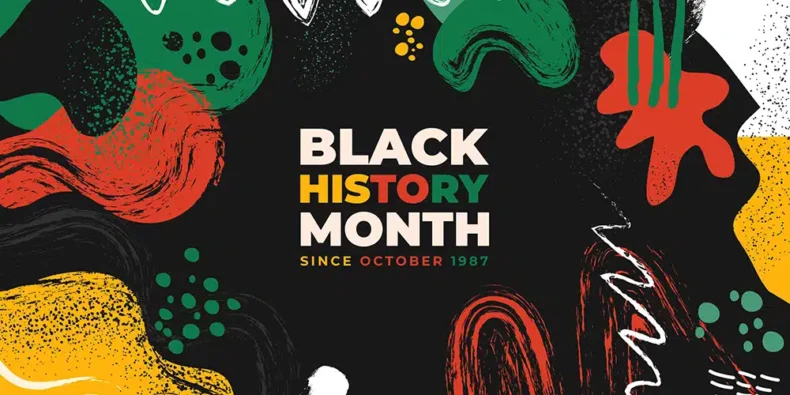Black Authors’ Recommendation edition
The right to equality is not the one granted by the government but the one allotted to us because, no matter the circumstances and status around the world, we are equal to each other. To celebrate and comprehend such equality, writers, artists, activists, and social workers from all over the world work tirelessly to highlight the gap between proposed and practiced freedom.

Being of colour is not a crime and should not be considered the same. The presence of melatonin or melanin in excess is a natural occurrence and should not be used as a discrimination criterion.
When one has to endure something that is not of their own making, it becomes a matter of pride and self-respect. To safeguard them, people rebel in multiple ways, and one of them is through literature.

If you live in a community that has problems, understanding those problems and getting information about them are two sides of the same coin.
Sympathy and empathy are two brothers who are needed by the spectators to put into action the desired positive outcome for a peaceful life within a society and country.
Black History Month

In the United States, Black History Month is celebrated in the month of February, while in the UK it is observed in October.
Even though things are different in the US and UK because the UK was the first place to enslave black people, the fight for human rights is still the same.
October is Black History Month, which is celebrated in places like Germany, Ireland, the Netherlands, Belgium, and the UK.
The Origins of Black History Month in the United Kingdom
The fact that black people were not considered human and were disregarded at a subatomic level propagated the sense of existential crisis. White people thought they were better than black people because they didn’t have melanin in their skin.

While in the UK, black citizens were considered to be without history and the community did not approve of such assumptions about them. In 1915, historian Carter G. Woodson (1875-1950) founded the Association for the Study of Negro Life and History, and in 1926, Negro History Week.
At first, Negro History Week was a time to honor Negro culture, language, and every part of black history. Black History Month is now a month-long celebration that started out as Negro History Week.

The agenda behind this week was simple-educate the uneducated mind about the Negro community. During this week, it was emphasized and brought up that they were slaves, that they were treated badly after slavery ended, and many other discriminations.
A marginalized community generates a rebound.
Although they might have been living in the UK and been its citizens by birth, they were still colonised by the British. The technique of rebounding against any coloniser and majoritarian community is their language.
Learning the language of the majority and imparting information in public meetings were not enough. The awareness of the black community suffering similarly across the globe had to be spoken about on a larger level.

The literature they produced in their own language did provide insights into what the Negro community already knew and intended to change. But the English literature of the marginalised was the start of a lifelong fight for identity and respect.
These books and their revolutionary authors painted the world with the eyes of reality. The ground reports, whether through fiction, non-fiction, biographies, speeches, articles, and autobiographies, produced the effects needed for an understanding of a wider community.
Books to read during this month
The benefit of having two Black History Months—one at the beginning and the other at the end of the year—is the awareness one can spread and work through it for the entire year.

Some of the most famous British writers and their works include:
- Bernadine Evaristo: Girl, Woman, Other
- Elizabeth Jane-Burnett: The Grassling
- Toni Tone: I Wish I Knew This Earlier
- Azumah Nelson: Open Water
- Lola Olufemi: Feminism, Interrupted: Disrupting Power
- Candice Braithwaite: I Am Your Mother
- Zadie Smith: The Wife of Willesden
- Margaret Bushby: New Daughters of Africa
- Candice Carty-Williams: Queenie
- Ciannon Smart: Witches Stepped in Gold
Learn, comprehend, and apply
When we are educated about a certain kind of discrimination faced by certain kinds of people, we are expected to understand the need and reason behind it. The lack of any sound reasoning behind anything negative is easily comprehensible and should be accepted as an incorrect factor of society.

Any disregard for black people found posthumously in society during a progressive century demands awareness, and we learn most of what they go through this month and their authors.
The application of our learning can be witnessed with the inclusion we practice. Our actions should speak louder than words used for awareness.
READ MORE
- Chandrayaan-3:Tougher and with backup plans in place
- Shweta Bachchan Reacts To Troll Made On Father And Brother













